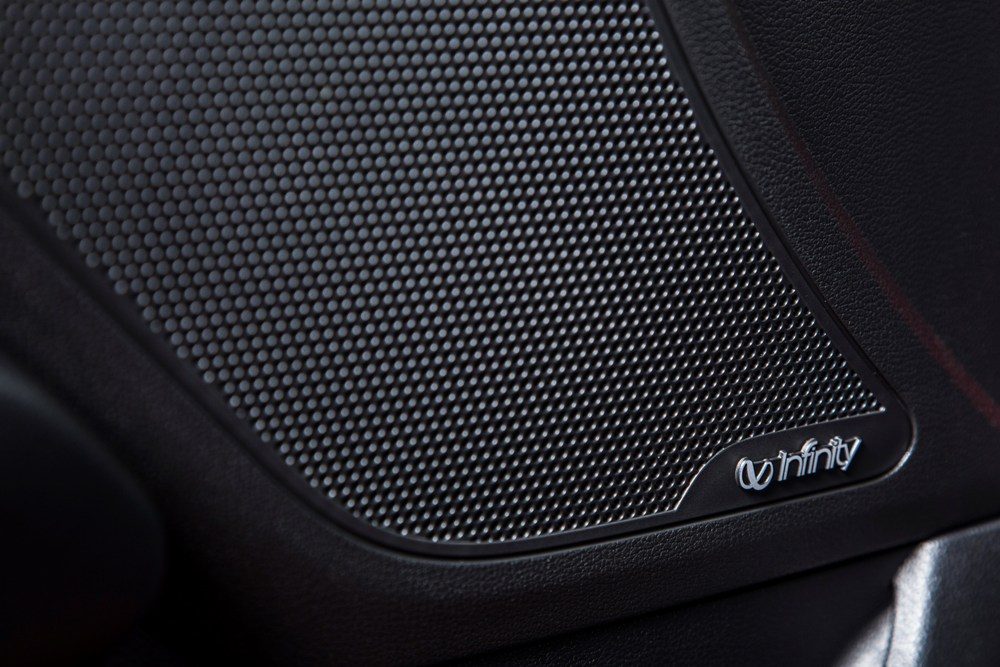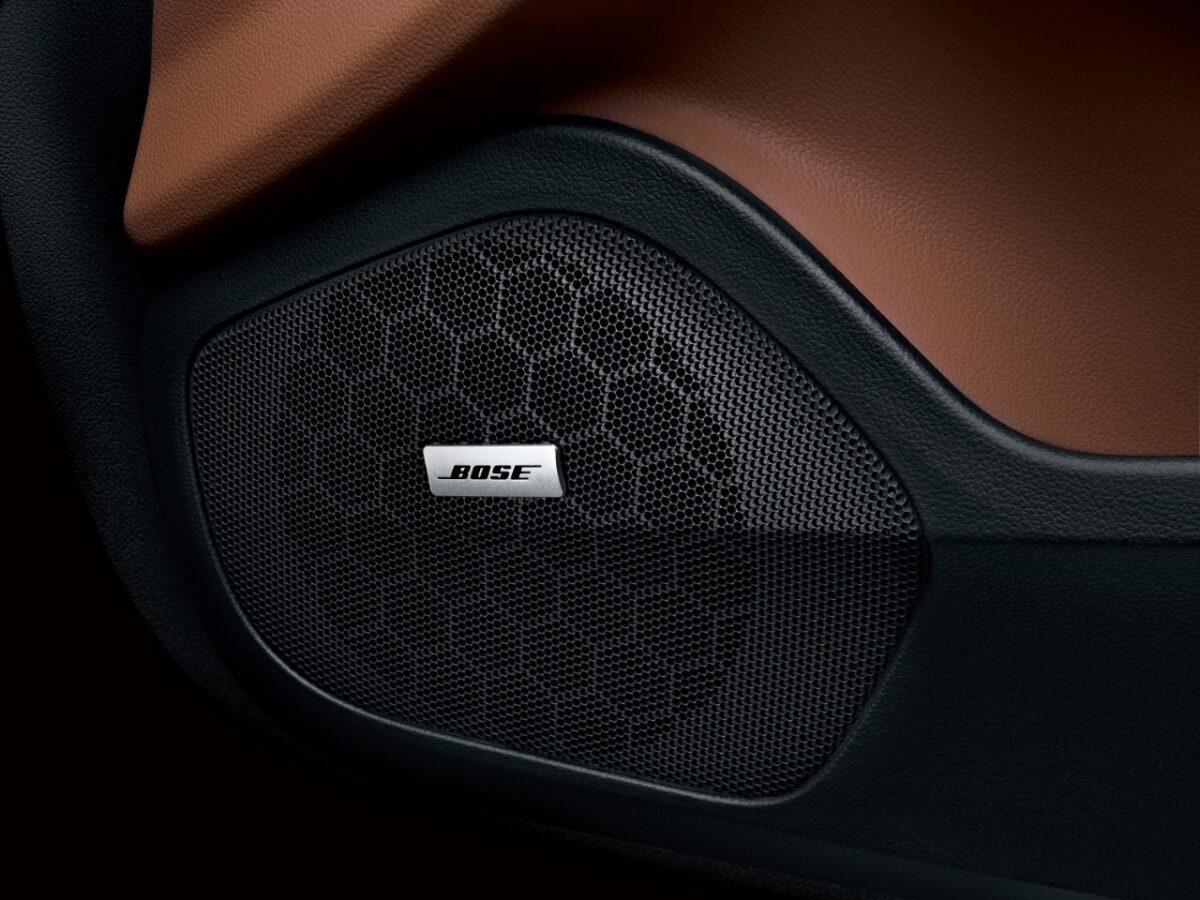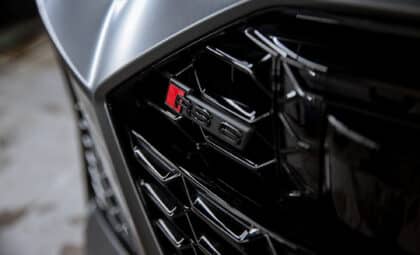This article is sponsored by Nokas.

Photo: Hyundai
It’s a question many auto shops get all the time and, to be perfectly honest, it’s a good one. Do you really need a car audio amp? There’s so much misinformation online and it can be challenging to get reasonable answers to questions like this. To make your life easier, we’re going to break down the basics of mobile audio amplifiers so you can decide if you need one.
Some questions you need to ask yourself include: Do you often find yourself reaching for the volume knob of your radio and cranking it up, only to discover that you’ve reached the maximum noise level? Are you a fan of going topless in your convertible or opening all the windows on the highway but find that your sound system can’t overcome the road and wind noise? Or do you already have heavy-duty subwoofers installed but nothing to power them with? If you answered yes to any of these, you’ll want to keep reading to determine which audio amp is best for you.
Obviously, amplifiers must be included in every audio system in order for them to work; it’s where they get their power. But what you may not know is that in-dash radios (also called head units) already have a small amplifier built into them, enabling them to power the dash, door, and rear deck speakers. If you’re satisfied with the way this setup sounds, you don’t need to do anything. But if you’re longing for more power and louder sound, you’ll want to consider a 5-channel amp.
As we have been hinting at, there are a number of reasons to include a separate amplifier component in your car audio system, and you’re definitely going to want to invest in one if you want:
- Louder sound without distortion: If you experience distortion at your usual volume level, which is never a good thing for speakers, you probably need an amplifier.
- To power a subwoofer: When you want to add deep bass to your system, you need to add a powerful amplifier to drive subwoofers; there’s no way around that.
- To get the most out of your new speakers: While we mentioned that using the built-in amp of a head unit is fine for many people, there is an advantage to using a power amp to drive premium aftermarket speakers that you may have had installed. Not only will this improve sound quality, but it also gives you far more options in terms of what speakers you can install.
If you have no desire to crank your volume knob to 11, you can probably skip an amp and focus on your head unit and speakers. But if you’re looking to improve the overall sound, avoid distortion, or drive subs, a quality amp will make all the difference.
The News Wheel is a digital auto magazine providing readers with a fresh perspective on the latest car news. We’re located in the heart of America (Dayton, Ohio) and our goal is to deliver an entertaining and informative perspective on what’s trending in the automotive world. See more articles from The News Wheel.










